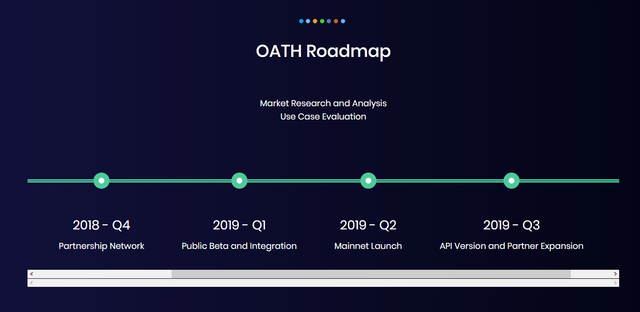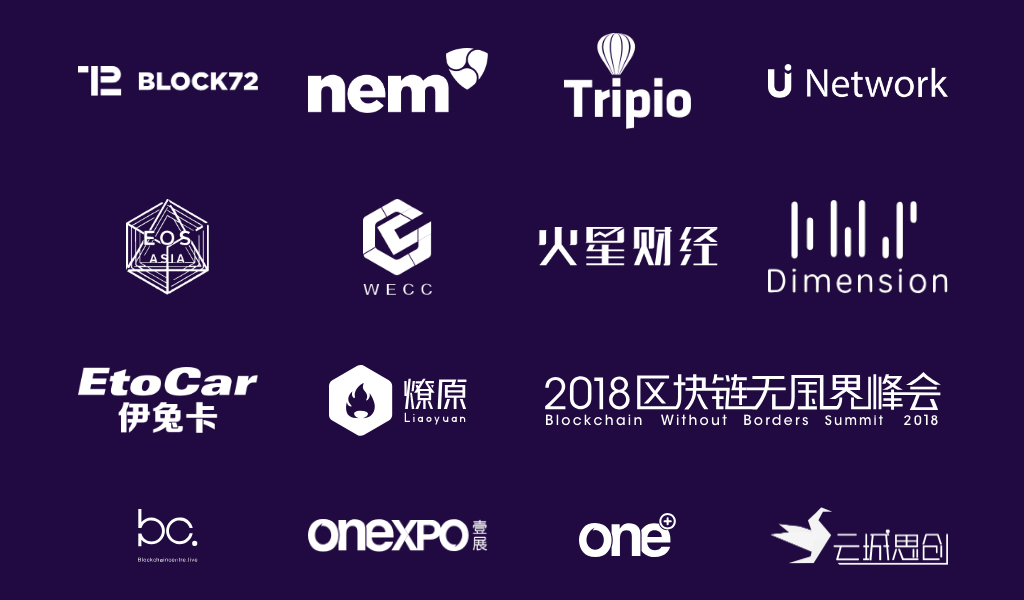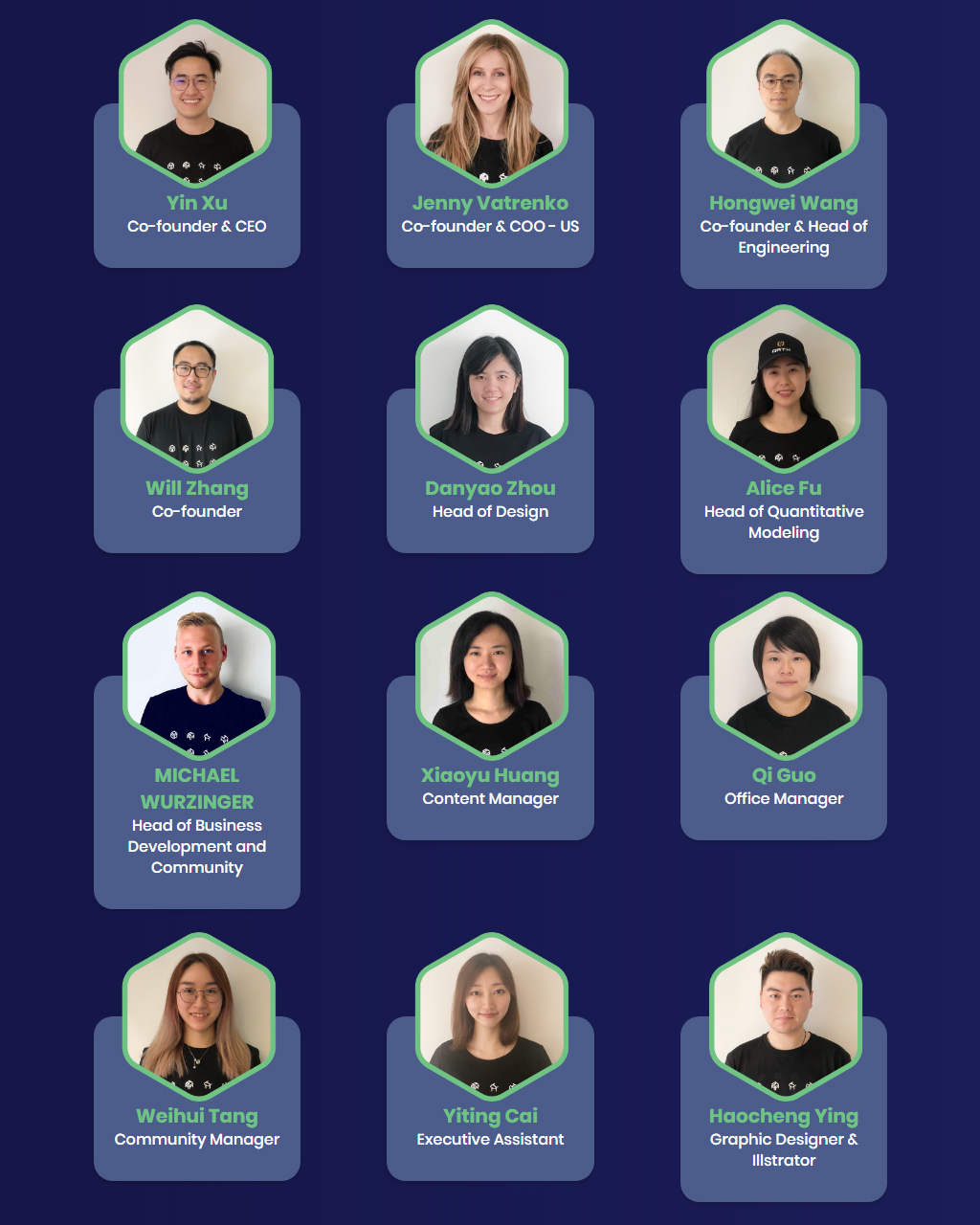Oath ordered by the judge because his position to one of the parties who litigated to add or complete proof of an incomplete event. This enhancement oath can only be ordered by the judge to one of the litigants if there is an initial proof, but this proof is not sufficient and there is no other evidence.
Decisions that must be ordered by the judge to appoint an additional oath. The answer depends on the court's decision to discuss the case, where there is no need for an appeal. In this case what must be approved by the court is that those who are related to the supplementary oath will guarantee the truth of the news in the case. The party who is ordered to appoint an additional oath may not ask for an oath to the other party.
What is OATH?
The OATH dispute resolution protocol is modeled on the common-law jury system and uses blockchain, cryptographic algorithms, random algorithms related to categories and attributes, jury credit levels, and case tracking technology. OATH is building a decentralized, standard, and expandable public agnostic protocol that protects the rights and assets of users dApp.
CORE CONCEPT
USE OF INTELLIGENT CONTRACTS
User-friendly smart contracting tools will greatly reduce barriers to using smart contracts. In addition, the OATH protocol will be built into the smart contract to protect user rights and assets.
DECENTRALIZATION ≠ ANARCHY
Decentralized ecosystems must be managed by decentralized communities. OATH provides standard blockchain governance protocols by regulating a decentralized jury community, consisting of members with diverse backgrounds and fields of expertise, to resolve disputes or arguments about the blockchain.
CONSENSUS IS A REAL LAW
While it is true that "the code is legal," the code can only be executed by rules programmed into the code, and cannot solve any problem beyond that parameter.
Consensus is the real law because the only consensus among all users is able to solve all types of problems.
SHARED COMMUNITIES
DApp users are given incentives to build healthy ecosystems. OATH invites users from various communities to not only provide governance for the dApp they support but also for other ecosystems. In this way, we can grow a large community together.
Why OATH
Blockchain security must have two different layers: Technology and Governance. So far, we have only focused on information technology security, such as 'anti-hacking' or 'code review.' But Blockchain Governance is just as important (if not more) because every user needs it from time to time. The OATH protocol encourages users from various communities to join us and becomes part of our OATH Judges to help manage chain and dispute settlement dApp.
TRUST
All key data, such as contracts and relevant evidence, are included in the blockchain to make permanent and unchanging records.
CONFIDENTIALITY
The identity of jury members is kept confidential through cryptographic techniques to ensure objectivity and immunity from external influences.
DYNAMICITY
The OATH dynamic allocation algorithm reduces the possibility of the same jury member resolving several disputes to avoid collision.
JUSTICE
OATH categorized random algorithms, which are designed to reduce bias, choose judges of various backgrounds to ensure fairness.
INCENTIVE
The OATH credit level system and token mechanism work together to evaluate and motivate judges.
AUTONOMY
Both parties to the contract can arrange details of the dispute resolution process that they agreed to tie.
TRANSPARENCY
After the dispute was resolved, the jury's voice and other reasons were revealed to the public.
ARCHIVE
Contracts and the outcome of dispute resolution are encrypted and stored in the OATH Chain for future reference


TEAM

For more information :
WEBSITE: https://oathprotocol.com/en/
TELEGRAM: https://t.me/oathsio
WHITEPAPER: https://oaths.io/files/OATH-Whitepaper-EN.pdf
FACEBOOK: https://www.facebook.com/oathprotocol/
MENENGAH: https://medium.com/@oathprotocol
INSTAGRAM: https://www.instagram.com/oathprotocol/
My Bitcointalk (Arumi.Bilqis) : https://bitcointalk.org/index.php?action=profile;u=965668
Tidak ada komentar:
Posting Komentar